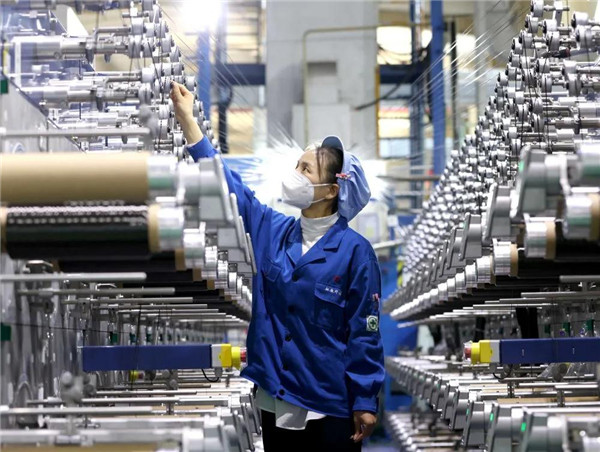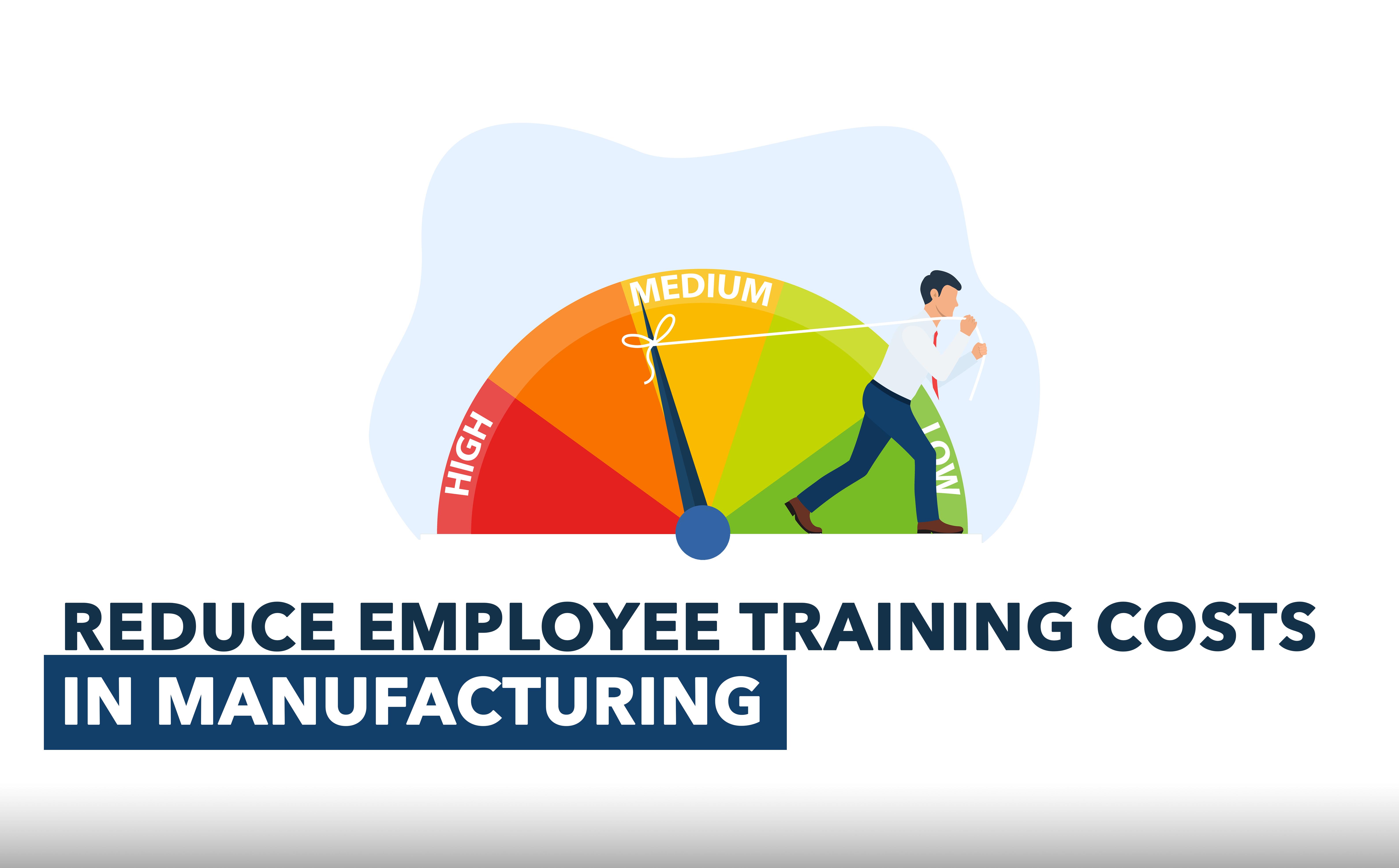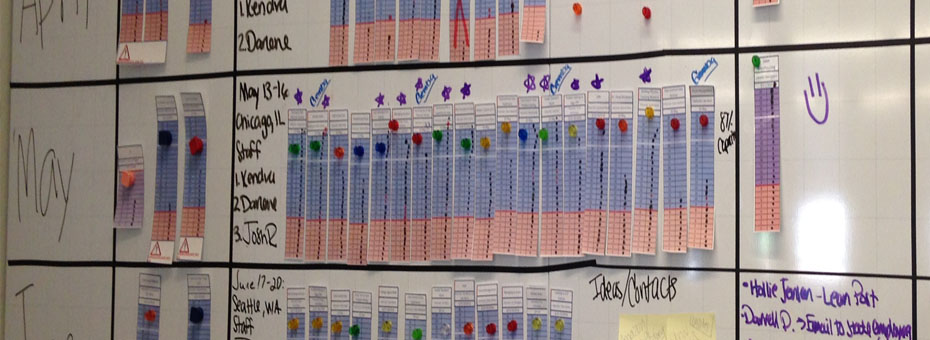
Industrial Engineering Managers can be crucial members of any team. They are responsible for directing staff and improving production output. They coordinate the design and layout of the factory floor, as well as overseeing the implementation and maintenance of procedures and processes. They also provide technical expertise and knowledge to assist organizations in developing new products and processes.
The Industrial Engineering Managers are responsible to develop and maintain efficient manufacturing processes. This requires a working knowledge of robotics and automation. They must also monitor and maintain industrial processes and ensure that they comply with safety and health standards. They also oversee the use of raw material and consumables. They also perform studies to improve workflows and space usage. The manager oversees all work projects, including reductions in cycle time, cost reductions and improvement of processes. They also manage preventative maintenance schedules.
Managers work in partnership with other teams to create new processes, increase efficiency, and streamline operations. He or she is also responsible for the design and installation, as well as renovations to facilities. Managers communicate technical information to non-technical parties as part of the project management process. In addition, the manager secures resources for teams and makes site visits to suppliers' facilities. The manager advocates for the team and ensures that quality guidelines are adhered to.

Industrial engineering managers must be motivated, creative, and able solve problems. They should be able work in both hot and cold environments and be physically fit to climb and walk for between 8 and 12 hours per day. In addition, they should be able interact with all levels.
A degree in engineering or another related field is necessary for industrial engineering managers. They must also have at least five years experience in this field. Postgraduate degrees are preferred by some employers. You may also need specific skills like project management or logistics.
Industrial Engineering Managers are responsible for the development and creation of new products. They have a strong background for problem-solving and quality improvements. They thrive in a team environment. Managers are most successful when they can facilitate employee growth.
Industrial Engineers excel at streamlining operations, and cutting down costs. They are skilled in manufacturing processes and can meet deadlines. They have extensive experience in recruiting, human resource, logistics, and vendor / Supplier relations. They can set goals, manage procedures, and create budgets. They are also able to prepare strategies to increase the efficiency of engineering projects.

The industrial engineering manager may be responsible for the design and execution of new manufacturing procedures or operating equipment. They need to plan for new equipment and methods of operation using established standards and guidelines. They are responsible for overseeing the implementation of waste elimination plans. They also have to analyze the factory's labor productivity.
Industrial Engineering Managers are able to share their knowledge and help develop strategies for increasing productivity, developing new products, managing human resources, and other tasks. They can also assist in improving the efficiency of existing processes.
FAQ
Do we need to know about Manufacturing Processes before learning about Logistics?
No. No. It is important to know about the manufacturing processes in order to understand how logistics works.
What are the four types in manufacturing?
Manufacturing is the process by which raw materials are transformed into useful products through machines and processes. It involves many different activities such as designing, building, testing, packaging, shipping, selling, servicing, etc.
What are manufacturing and logistics?
Manufacturing is the act of producing goods from raw materials using machines and processes. Logistics is the management of all aspects of supply chain activities, including procurement, production planning, distribution, warehousing, inventory control, transportation, and customer service. Sometimes manufacturing and logistics are combined to refer to a wider term that includes both the process of creating products as well as their delivery to customers.
What are the 7 Rs of logistics management?
The acronym 7R's for Logistics stands to represent the seven basic principles in logistics management. It was created by the International Association of Business Logisticians and published in 2004 under its "Seven Principles of Logistics Management".
The following letters form the acronym:
-
Responsible - to ensure that all actions are within the legal requirements and are not detrimental to others.
-
Reliable - Have confidence in your ability to fulfill all of your commitments.
-
It is reasonable to use resources efficiently and not waste them.
-
Realistic - consider all aspects of operations, including cost-effectiveness and environmental impact.
-
Respectful - show respect and treat others fairly and fairly
-
You are resourceful and look for ways to save money while increasing productivity.
-
Recognizable - Provide value-added services to customers
What are the products of logistics?
Logistics are the activities involved in moving goods from point A to point B.
These include all aspects related to transport such as packaging, loading and transporting, storing, transporting, unloading and warehousing inventory management, customer service. Distribution, returns, recycling are some of the options.
Logisticians make sure that the right product arrives at the right place at the correct time and in safe conditions. They help companies manage their supply chain efficiency by providing information on demand forecasts, stock levels, production schedules, and availability of raw materials.
They keep track and monitor the transit of shipments, maintain quality standards, order replenishment and inventories, coordinate with suppliers, vendors, and provide support for sales and marketing.
What is the responsibility of a logistics manager?
Logistics managers make sure all goods are delivered on schedule and without damage. This is done by using his/her experience and knowledge of the company's products. He/she should ensure that sufficient stock is available in order to meet customer demand.
Statistics
- In the United States, for example, manufacturing makes up 15% of the economic output. (twi-global.com)
- [54][55] These are the top 50 countries by the total value of manufacturing output in US dollars for its noted year according to World Bank.[56] (en.wikipedia.org)
- You can multiply the result by 100 to get the total percent of monthly overhead. (investopedia.com)
- According to the United Nations Industrial Development Organization (UNIDO), China is the top manufacturer worldwide by 2019 output, producing 28.7% of the total global manufacturing output, followed by the United States, Japan, Germany, and India.[52][53] (en.wikipedia.org)
- (2:04) MTO is a production technique wherein products are customized according to customer specifications, and production only starts after an order is received. (oracle.com)
External Links
How To
How to Use Just-In-Time Production
Just-in time (JIT), is a process that reduces costs and increases efficiency in business operations. It's the process of obtaining the right amount and timing of resources when you need them. This means that only what you use is charged to your account. The term was first coined by Frederick Taylor, who developed his theory while working as a foreman in the early 1900s. He noticed that workers were often paid overtime when they had to work late. He realized that workers should have enough time to complete their jobs before they begin work. This would help increase productivity.
JIT teaches you to plan ahead and prepare everything so you don’t waste time. Also, you should look at the whole project from start-to-finish and make sure you have the resources necessary to address any issues. You can anticipate problems and have enough equipment and people available to fix them. You won't have to pay more for unnecessary items.
There are many types of JIT methods.
-
Demand-driven JIT: You order the parts and materials you need for your project every other day. This will enable you to keep track of how much material is left after you use it. It will also allow you to predict how long it takes to produce more.
-
Inventory-based: This is a type where you stock the materials required for your projects in advance. This allows you to predict how much you can expect to sell.
-
Project-driven: This approach involves setting aside sufficient funds to cover your project's costs. You will be able to purchase the right amount of materials if you know what you need.
-
Resource-based JIT : This is probably the most popular type of JIT. Here, you allocate certain resources based on demand. You might assign more people to help with orders if there are many. If there aren't many orders, you will assign fewer people.
-
Cost-based: This is a similar approach to resource-based but you are not only concerned with how many people you have, but also how much each one costs.
-
Price-based: This is similar to cost-based but instead of looking at individual workers' salaries, you look at the total company price.
-
Material-based: This is very similar to cost-based but instead of looking at total costs of the company you are concerned with how many raw materials you use on an average.
-
Time-based: This is another variation of resource-based JIT. Instead of focusing solely on the amount each employee costs, focus on how long it takes for the project to be completed.
-
Quality-based: This is yet another variation of resource-based JIT. Instead of thinking about the cost of each employee or the time it takes to produce something, you focus on how good your product quality.
-
Value-based JIT is the newest form of JIT. You don't worry about whether the products work or if they meet customer expectations. Instead, you focus on the added value that you provide to your market.
-
Stock-based is an inventory-based system that measures the number of items produced at any given moment. It's useful when you want maximum production and minimal inventory.
-
Just-intime planning (JIT), is a combination JIT/sales chain management. It is the process that schedules the delivery of components within a short time of their order. This is important as it reduces lead time and increases throughput.